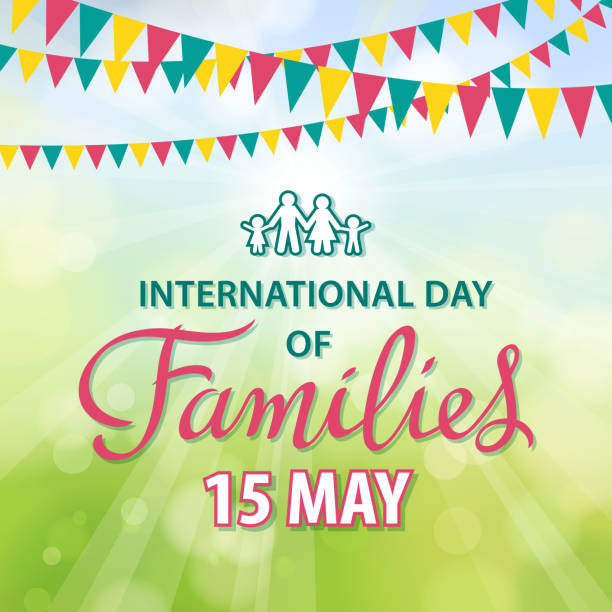The importance of family remains steadfast. International Family Day, celebrated annually on May 15th, serves as a poignant reminder of the significance of familial bonds in our lives. This day provides an opportunity to reflect on the origins of this celebration, its relevance in the modern era, and the profound impact healthy family dynamics can have on shaping a better world.
Origins of International Family Day
The roots of International Family Day can be traced back to 1993 when the United Nations proclaimed May 15th as the International Day of Families. The aim was to raise awareness about the importance of families and to promote initiatives that strengthen familial relationships. The UN recognized that families serve as the fundamental unit of society, playing a crucial role in social, economic, and cultural development.
Relevance to the 21st Century Family
In the 21st century, the concept of family has evolved to encompass a diverse range of structures, including nuclear families, extended families, single-parent families, and chosen families. Despite these variations, the essence of family remains unchanged – it is a source of love, support, and belonging.
The modern era presents both opportunities and challenges for families. Advances in technology have facilitated communication and connectivity, allowing families to stay in touch across vast distances. However, it has also introduced new dynamics, such as screen time replacing face-to-face interactions and the blurring of boundaries between work and home life.
Moreover, shifting societal norms and economic pressures have reshaped traditional family roles and dynamics. With more women entering the workforce and changing family structures, there is a growing need to redefine gender roles, caregiving responsibilities, and work-life balance within families.
Impact of Healthy Family Dynamics
A healthy family dynamic is characterized by open communication, mutual respect, empathy, and support. When these elements are present, families serve as nurturing environments where individuals can thrive emotionally, mentally, and physically.
The benefits of strong family bonds extend far beyond the confines of the home. Research has shown that children who grow up in supportive family environments are more likely to perform well academically, develop strong social skills, and exhibit resilience in the face of adversity. Furthermore, positive family relationships have been linked to lower rates of substance abuse, mental health issues, and delinquency among adolescents.
Beyond individual well-being, healthy family dynamics also contribute to the broader fabric of society. Strong families foster a sense of belonging and social cohesion, which are essential for building resilient communities. When families prioritize empathy, compassion, and understanding, they lay the foundation for a more inclusive and harmonious society.
Nurturing Bonds in the 21st Century
As we celebrate International Family Day, let us take a moment to appreciate the invaluable role that families play in our lives and in shaping the world around us. While the concept of family may continue to evolve, its significance remains unwavering. By nurturing healthy family dynamics built on love, respect, and support, we can create a ripple effect that extends far beyond our immediate circles, making the world a better place for generations to come.


